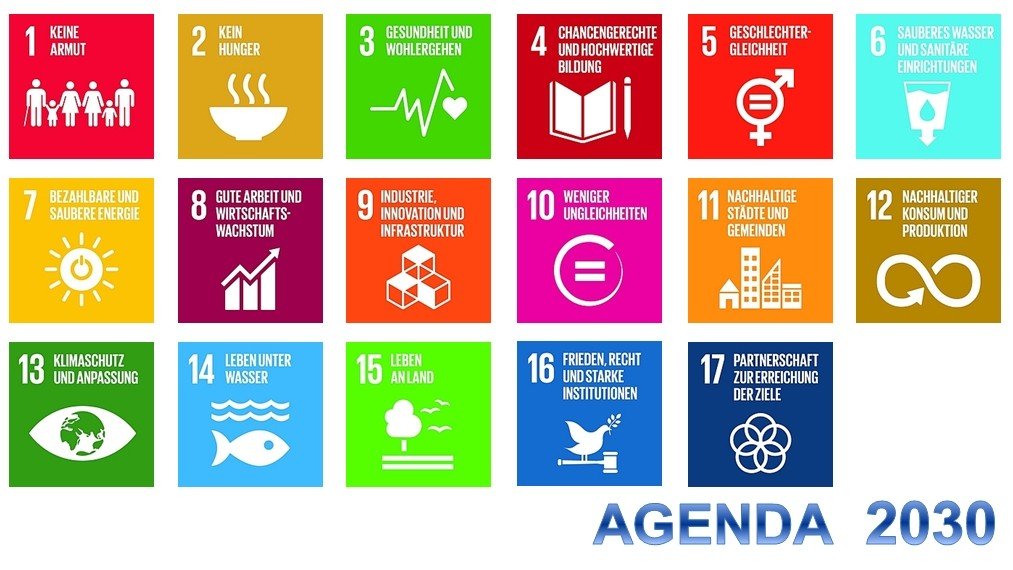


The efficient use of water in the tourism sector, coupled with appropriate safety measures, wastewater management, pollution control and technology efficiency can be key to safeguarding our most precious resource. Tourism can play a critical role in achieving water access and security, as well as hygiene and sanitation for all. As one of the sectors with the highest share of women employed and entrepreneurs, tourism can be a tool for women to unlock their potential, helping them to become fully engaged and lead in every aspect of society.

Tourism can empower women in multiple ways, particularly through the provision of jobs and through income-generating opportunities in small and larger-scale tourism and hospitality related enterprises. In particular youth, women, senior citizens, indigenous peoples and those with special needs should benefit through educational means, where tourism has the potential to promote inclusiveness, the values of a culture of tolerance, peace and non-violence, and all aspects of global exchange and citizenship. The sector can provide incentives to invest in education and vocational training and assist labor mobility through cross-border agreements on qualifications, standards and certifications. GOAL 4: QUALITY EDUCATIONĪ well-trained and skillful workforce is crucial for tourism to prosper. Foreign earnings and tax income from tourism can be reinvested in health care and services, which should aim to improve maternal health, reduce child mortality and prevent diseases, among others. Tourism’s contribution to economic growth and development can also have a knock-on effect on health and well-being. The resulting rise of income in local communities can lead to a more resilient agriculture while enhancing the value of the tourism experience. In addition, agro-tourism, a growing tourism segment, can complement traditional agricultural activities. Tourism can spur agricultural productivity by promoting the production, use and sale of local produce in tourist destinations and its full integration in the tourism value chain. Sustainable tourism development, and its impact at community level, can be linked with national poverty reduction goals, those related to promoting entrepreneurship and small businesses, and empowering less favored groups, particularly youth and women. setting an agenda for strengthening accountability for gender equality commitments at global, regional, and national levels.As one of the largest and fastest growing economic sectors in the world, tourism is well-positioned to foster economic growth and development at all levels and provide income through job creation.providing concrete guidance on policies to achieve two strategic targets under SDG 5 (violence and unpaid care) and outlining how these policies are synergistic with other goals and targets and.explaining gender data gaps and challenges for robust monitoring and establishing starting points and trends across a range of gender-related indicators based on available data.showing how gender equality is central to the achievement of all 17 SDGs and arguing for an integrated and rights-based approach to implementation.This report lays the basis for robust, gender-responsive monitoring of the 2030 Agenda for Sustainable Development by: As a source of high-quality data and policy analysis, the report is a key reference and accountability tool for policymakers, women’s organizations, the UN system, and other stakeholders. The report monitors global and regional trends in achieving the SDGs for women and girls based on available data, and provides practical guidance for the implementation of gender-responsive policies and accountability processes. “Turning promises into action: Gender equality in the 2030 Agenda for Sustainable Development”, UN Women’s new flagship report, provides a comprehensive and authoritative assessment of progress, gaps and challenges in the implementation of the Sustainable Development Goals (SDGs) from a gender perspective.


 0 kommentar(er)
0 kommentar(er)
